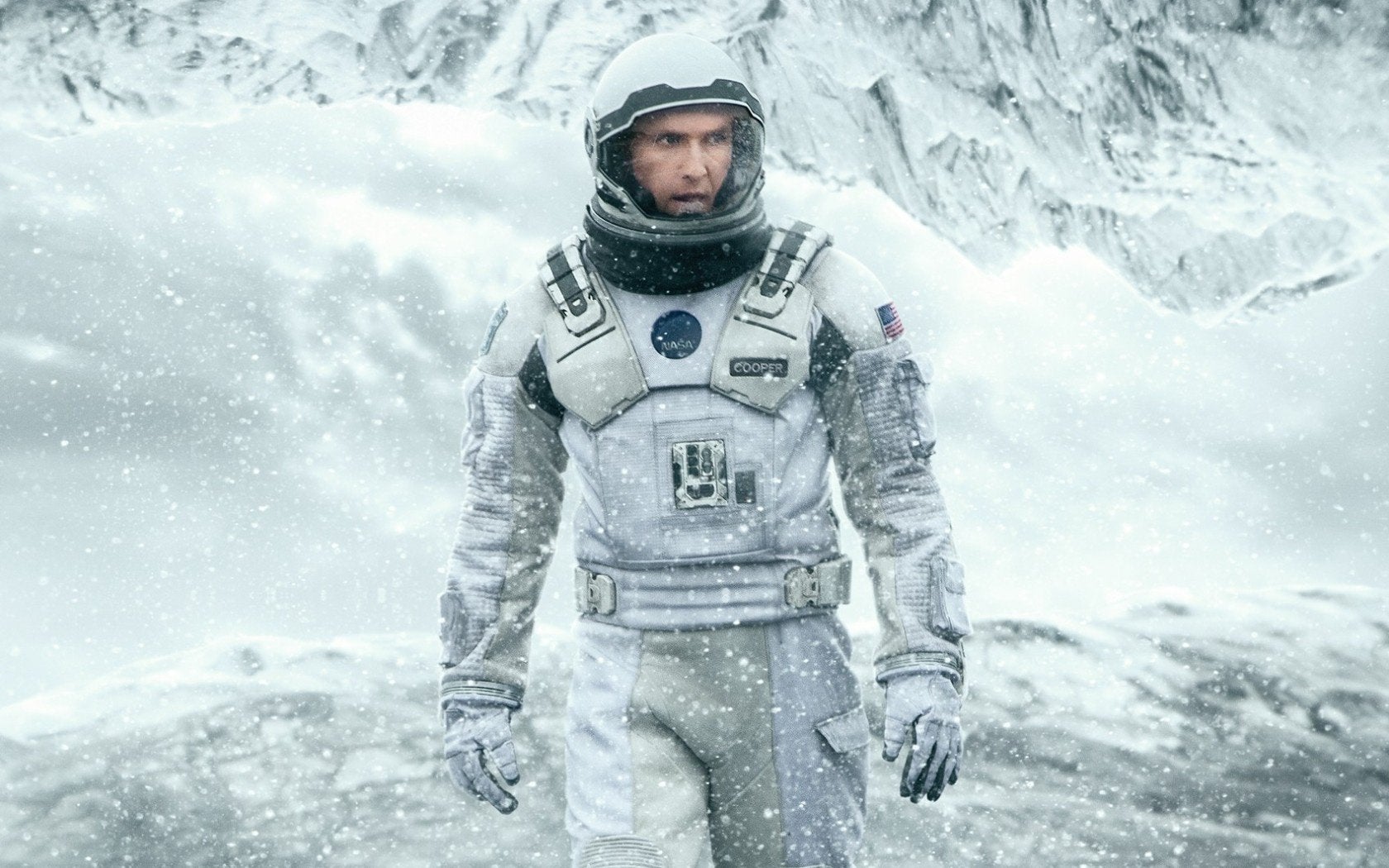Jonathan Nolan's Interstellar Ending Was Very Different From the Final Film
While Jonathan and Christopher Nolan have been collaborating presumably for their entire lives, [...]

While Jonathan and Christopher Nolan have been collaborating presumably for their entire lives, it's the director who has the final cut, as Nerdist found out at an event promoting the Interstellar Blu-ray and DVD release this week.
The rather baffling ending of the film -- which dealt with tesseracts, time travel and more -- provided critics and scientists plenty to talk about and dispute, but that's not how the film was written.
"You've got the wrong brother," Jonathan Nolan reportedly joked when asked what the heck happened at the end of the film.
He went on to explain that in his version "had the Einstien-Rosen bridge [colloquially, a wormhole] collapse when Cooper tries to send the data back."
That likely meant a bleak death in silence for Matthew McConaughey's character, rather than the rather trippy sequence in which he was able to access his personal timeline and interact with his daughter in the past.
There had been numerous changes from the first draft on, but the version of the film that eventually got made apparently carried this particular ending for long enough that the writer felt it was still worth noting when asked about the movie.
In general, the Nerdist story makes it sound as though Christopher Nolan took a work of somewhat harder science fiction and made it more pop and Hollywood-accessible. From the Nerdist story:
The gravitational anomalies that pointed Cooper and his daughter toward the remnants of NASA were initially supposed to be gravity waves emanating from the destruction of a neutron star via black hole. Since the waves could only be produced by something so catastrophic, and we know nothing like that exists in our solar system, the waves detected must be coming out of some wormhole close to us, Kip Thorne explained to the audience.
The waves were also supposed to be detected by the Laser Interferometer Gravity-Wave Observatory or LIGO, the construction of which Kip Thorne spearheaded. "That was very near and dear to me," Thorne said, "but Chris thought it was too much science for the public to digest at once."
Interstellar comes to Blu-ray on March 31.
0comments